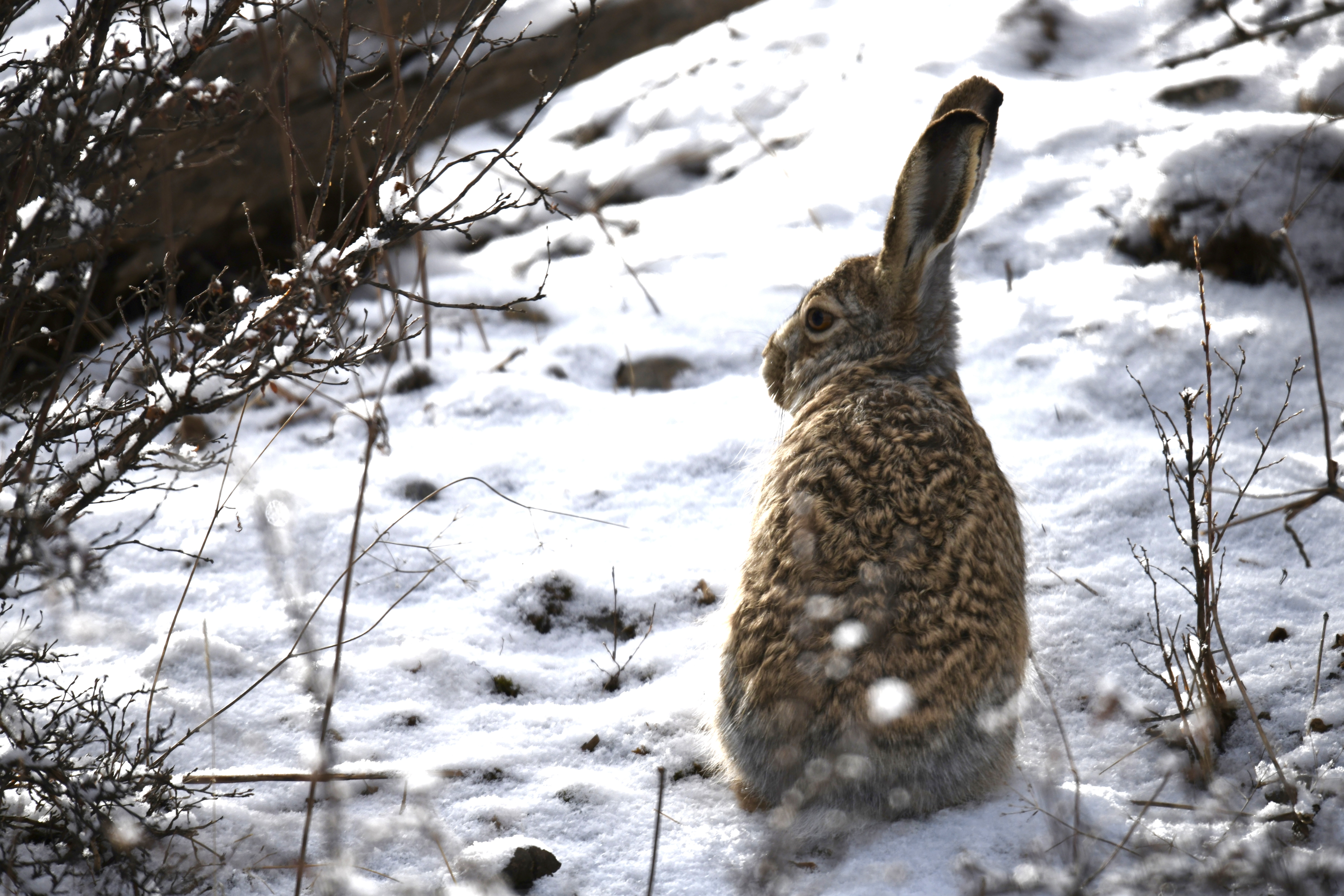As we navigate through the hustle and bustle of our daily lives, it’s easy to get lost in the chaos and lose sight of our creative potential. However, what if we told you that the key to unlocking your creativity lies in a simple practice that has been around for centuries? That’s right, we’re talking about meditation. In this article, we’ll explore the impact of meditation on creativity and how it can help you tap into your innermost thoughts and ideas. So sit back, relax, and let’s dive into the world of mindful musings.
1. The Art of Mindful Musings: How Meditation Can Boost Your Creativity
When it comes to creativity, many people believe that inspiration strikes like lightning, and there’s not much you can do to control it. However, the truth is that creativity is a skill that can be cultivated, and meditation is an excellent tool for doing so. Here are some ways that mindfulness meditation can help boost your creativity:
- Reducing stress: Stress is one of the biggest obstacles to creativity. When you’re stressed, your mind is preoccupied with worries and anxieties, leaving little room for creative thinking. Meditation can help reduce stress by calming the mind and promoting relaxation.
- Increasing focus: Meditation can also help improve your ability to focus, which is essential for creative work. When you’re able to concentrate on a task without distractions, you’re more likely to come up with innovative ideas and solutions.
- Enhancing self-awareness: Mindfulness meditation can help you become more aware of your thoughts and emotions, which can be a valuable tool for creativity. When you’re aware of your mental state, you can better understand what inspires you and what blocks your creativity.
In addition to these benefits, meditation can also help you develop a more positive mindset, which can be helpful for creative work. When you’re in a positive state of mind, you’re more likely to take risks, try new things, and think outside the box. So if you’re looking to boost your creativity, consider incorporating mindfulness meditation into your daily routine.
2. Exploring the Relationship Between Meditation and Creative Thinking
Many people believe that meditation can help to boost creativity. The practice of meditation involves focusing the mind on a particular object, thought, or activity to achieve a state of relaxation and mental clarity. This can help to reduce stress and anxiety, which can be major barriers to creative thinking. By calming the mind and reducing distractions, meditation can also help to improve concentration and focus, which are essential for creative problem-solving.
Research has shown that regular meditation can increase activity in the prefrontal cortex, the part of the brain responsible for executive functions such as decision-making, planning, and problem-solving. This increased activity can lead to improved cognitive flexibility, which is the ability to think creatively and come up with new ideas. Additionally, meditation can help to improve emotional regulation, which can be beneficial for creative thinking as it allows individuals to approach problems with a clear and open mind.
- Benefits of meditation for creativity:
- Reduces stress and anxiety
- Improves concentration and focus
- Increases activity in the prefrontal cortex
- Improves cognitive flexibility
- Improves emotional regulation
Overall, while the relationship between meditation and creative thinking is still being explored, there is evidence to suggest that regular meditation can have a positive impact on creativity. By reducing stress and anxiety, improving concentration and focus, and increasing cognitive flexibility, meditation can help individuals to approach problems with a clear and open mind, leading to more innovative and creative solutions.
3. Harnessing the Power of Mindfulness: How Meditation Can Inspire Your Artistic Expression
Artistic expression is a powerful tool for self-discovery and personal growth. It allows us to tap into our innermost thoughts and emotions and express them in a way that is unique to us. However, sometimes we can feel blocked or uninspired, and it can be challenging to access our creativity. This is where mindfulness and meditation can be incredibly beneficial.
By practicing mindfulness, we can learn to quiet our minds and become more present in the moment. This can help us to access our creativity and find inspiration for our artistic expression. Meditation can also help us to cultivate a sense of calm and focus, which can be incredibly helpful when we are trying to create something new. By harnessing the power of mindfulness and meditation, we can unlock our full creative potential and create art that is truly meaningful and authentic.
- Practicing mindfulness can help you to access your creativity
- Meditation can help you to cultivate calm and focus
- By harnessing the power of mindfulness and meditation, you can unlock your full creative potential
Whether you are a writer, painter, musician, or any other type of artist, incorporating mindfulness and meditation into your creative process can be incredibly beneficial. By taking the time to quiet your mind and become more present, you can tap into your innermost thoughts and emotions and create art that is truly authentic and meaningful. So the next time you are feeling blocked or uninspired, try incorporating some mindfulness and meditation into your creative process and see what happens!
As we conclude our exploration of the impact of meditation on creativity, it is clear that mindfulness practices have the potential to unlock new levels of creativity and inspiration. By quieting the mind and allowing space for new ideas to emerge, meditation can help us tap into our innermost thoughts and emotions, leading to a deeper understanding of ourselves and the world around us. Whether you are a writer, artist, musician, or simply someone looking to cultivate a more creative mindset, incorporating mindfulness into your daily routine can help you unlock your full creative potential. So take a deep breath, clear your mind, and let your creativity flow. The possibilities are endless.
